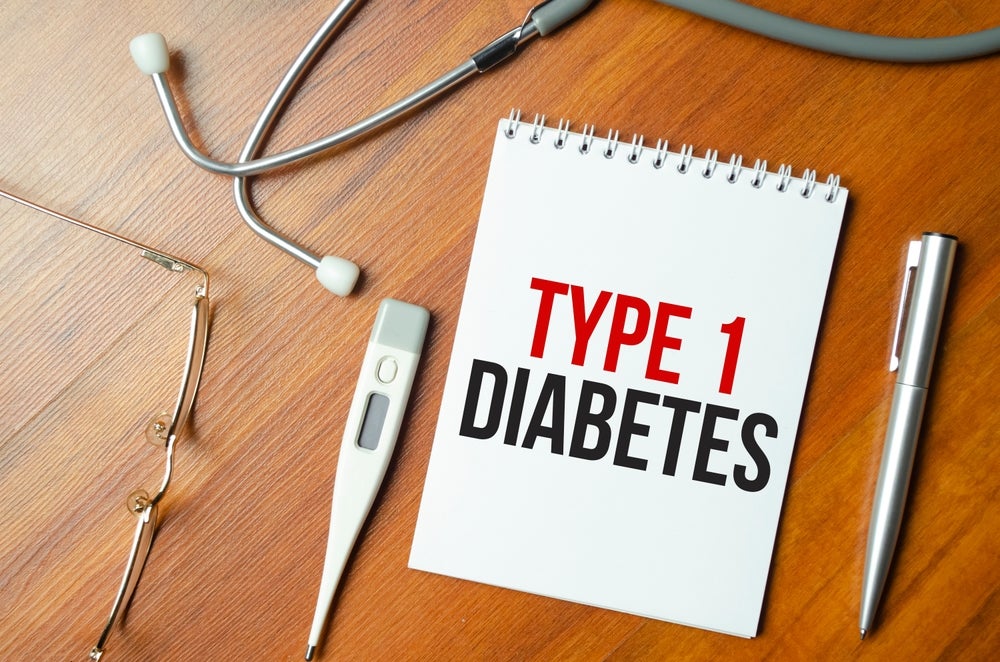At the 2025 European Association for the Study of Diabetes (EASD) meeting in Vienna, SAB Biotherapeutics presented Phase 1 data for SAB-142, a fully human, multi-specific anti-thymocyte globulin (ATG) designed to modulate autoimmunity in type I diabetes (T1D); the randomised, placebo-controlled study in healthy volunteers showed only transient lymphocyte declines without sustained depletion, supporting progression to the Phase IIb SAFEGUARD trial and raising the prospect of repeat dosing for disease modification in newly diagnosed stage 3 T1D.
T1D is an autoimmune condition in which immune cells attack pancreatic beta cells, leading to lifelong insulin dependence and elevated risk of complications; disease-modifying approaches aim to preserve beta-cell function and slow progression, complementing insulin and diabetes technologies to improve outcomes and quality of life.
In the Phase I study, ascending intravenous doses up to a total 2.5mg/kg produced short-lived lymphopenia that normalised within days and remained stable through 120 days, with no sustained depletion of major blood cell populations or serum sickness reported – features consistent with targeted immune modulation rather than broad lymphodepletion. In supportive lab analyses, SAB-142 showed less antibody-dependent cellular cytotoxicity activity than rabbit ATG (rATG) at therapeutic concentrations, aligning with the observed transient rather than prolonged lymphocyte reduction and suggesting a safety advantage for repeat dosing.
Historically, low-dose rATG in T1D has been associated with profound, durable cluster of differentiation 4+ T-cell depletion that can persist for years, limiting repeat dosing and broader applicability; SAB-142’s fully human polyclonal design aims to mitigate immunogenicity and enable practical, scheduled retreatment while maintaining immune modulation to preserve beta-cell function.
Key opinion leaders interviewed by GlobalData remarked that “there is a clear need for safe, repeatable disease-modifying therapies in T1D,” noting that confirmation of beta-cell preservation and tolerability in patients will be pivotal for clinician adoption and payer discussions.
From a pharmaceutical strategy perspective, the data de-risks SAB-142’s safety and repeat-dosing profile and broaden its potential across adult, adolescent, and paediatric segments; near-term value will hinge on demonstrating meaningful C-peptide preservation and reduced insulin burden, enabling positioning as a twice-yearly, office-administered therapy that competes on practicality and safety versus other emerging immunomodulators.

US Tariffs are shifting - will you react or anticipate?
Don’t let policy changes catch you off guard. Stay proactive with real-time data and expert analysis.
By GlobalDataIf Phase II data confirms efficacy with this safety profile, SAB-142 could accelerate a shift toward targeted immunomodulation in early T1D, supporting earlier intervention, repeatable courses, and broader eligibility, strengthening the case for guideline inclusion and reimbursement in major markets.





